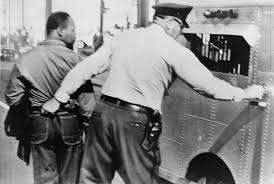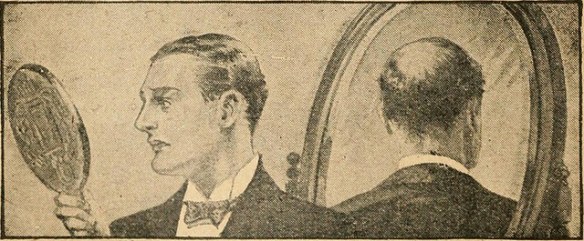
“Oppressed people cannot remain oppressed forever. The yearning for freedom eventually manifests itself, and that is what has happened to the American Negro.”
On April 16, 1963, Martin Luther King Jr. was in jail in Birmingham, Alabama. He’d been arrested for violating a judge’s order banning any marches in the city. King, who had come to Birmingham to lead marches against segregation, purposefully and willfully ignored that order and was promptly arrested and jailed. So there he sat.
Friends smuggled newspapers into King. To his shock and dismay he read a “Call for Unity” from a group of clergymen who urged an end to the marches and protests; there was a new city administration, and “Negroes” should give them time to act. Withdraw from the protests, slow down, and give the new white government time to do the right thing. King was shocked because these were not rabid segregationists; these were his friends and allies. These were ministers who had risked a lot by speaking out against the race baiters like Governor George Wallace and now, while King was jailed, they were urging him to quit? He scrawled his answer in the margins of the newspapers that had been smuggled in. Those scribbles became his famous Letter from a Birmingham Jail:
I had hoped that the white moderate would understand that law and order exist for the purpose of establishing justice, and that when they fail to do this they become dangerously structured dams that block the flow of social progress. I had hoped that the white moderate would understand that the present tension in the South is merely a necessary phase of the transition from an obnoxious negative peace, where the Negro passively accepted his unjust plight, to a substance-filled positive peace, where all men will respect the dignity and worth of human personality. Actually, we who engage in nonviolent direct action are not the creators of tension. We merely bring to the surface the hidden tension that is already alive. We bring it out in the open where it can be seen and dealt with. Like a boil that can never be cured as long as it is covered up but must be opened with all its pus-flowing ugliness to the natural medicines of air and light, injustice must likewise be exposed, with all of the tension its exposing creates, to the light of human conscience and the air of national opinion before it can be cured
King was not addressing newspaper editor Virginius Dabney (1901- 1995) with these remarks, but he might as well have been.
We can discover interesting things about an examination of Dabney as a white moderate. First, we can clearly see the dangers of looking to “moderation” as somehow the solution to polarization. What Driftglass often calls the dangers of “Both Siderism” in our current political culture: that both extremes are equally to blame for a social problem. As we will see, Dabney thought the NAACP was pretty much the equivalent of the Klan in its “extremism” for opposing segregation. Second, we can be deceived into thinking that a “moderate” deserves praise for moderation even if that moderation accomplishes nothing. So, Senator Jeff Flake is receiving praise for speaking out against Trump’s outrages even though Flake shares responsibility for those very outrages. Finally, we can understand how the idea of “moderation” can often mask that the moderate is actually an extremist with nicer clothes and proper language.



